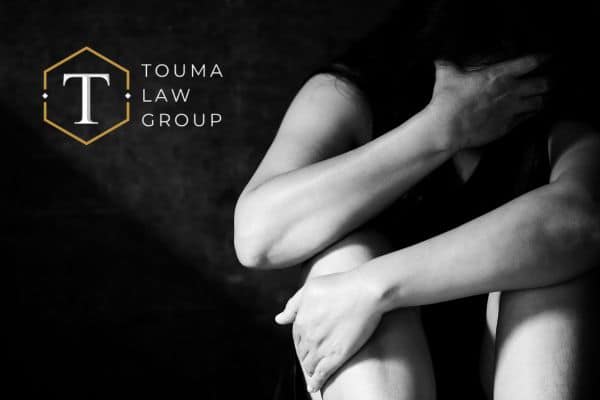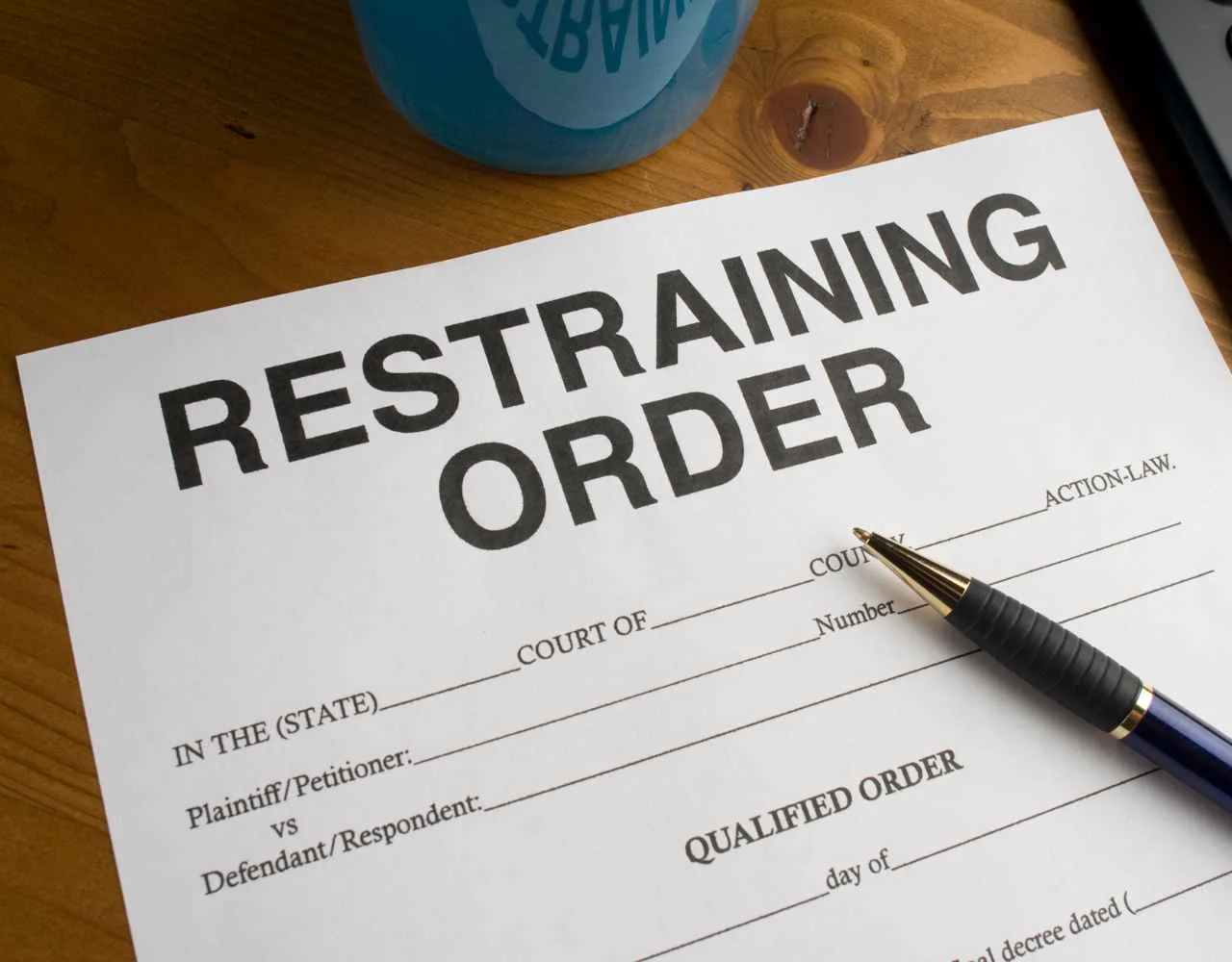Domestic violence statistics are a growing and pervasive issue that affects people everywhere in all walks of life. About 1 in 4 women and 1 in 9 men experience severe intimate partner physical violence, sexual violence, and/or partner stalking with injury. It is reported that there are 10 million cases of domestic violence in the United States per year.
Abusers often employ many methods such as psychological manipulation and controlling behavior to sustain power over their victims and maintain an environment under their sole dominion. These forms of emotional manipulation can take on many different forms: verbal abuse, isolation from family or friends, threats/intimidation tactics or economic control are but a few of the tactics used to maintain power over one’s victim.
For any questions you have for your domestic violence case, call our experienced Greenville domestic violence attorney today at (864) 618-2323 for a free consultation!
The Alarming Domestic Violence Statistics in South Carolina
Domestic violence is a major problem in South Carolina, and statistics show that it affects many individuals across the state. According to the South Carolina Department of Social Services, there are over 18,000 domestic violence incidents reported annually in the state. The department also reports that more than half of these cases involve physical abuse and nearly one-third involve psychological or verbal abuse.

According to World Population Review, in 2023 the state has been ranked as the sixth highest domestic violence rate in the nation with 42.3% of women who have experienced domestic abuse this year alone. Over the past 20 years, South Carolina has consistently been ranked in the top 10 states nationwide for the number of domestic violence deaths each year.
Percentage of Physical Violence and Sexual Violence.
Physical and sexual violence is a significant problem in South Carolina. Sexual assault, physical assault, and intimate partner stalking are all considered forms of domestic violence and are typically perpetrated by a current or former partner rather than by a stranger. In terms of stalking, based on data, it has been observed that these activities occur more frequently to female victims and often follow an escalating pattern, starting with stalking and leading to assault, ultimately resulting in murder.

Based on data from the Domestic Abuse Center, approximately 33% of women and 14% of men have experienced severe physical violence from an intimate partner at some point in their lives. Furthermore, approximately 20% of women have experienced sexual assault at some point in their lives and more than half of the attackers were individuals in close relationships with the domestic violence victims.
Criminalization of Domestic Violence in South Carolina
Domestic violence has been a long-standing problem in South Carolina. To address this issue, South Carolina has criminalized its domestic violence laws to help protect victims and punish perpetrators. That’s why you should hire a lawyer for criminal domestic violence charges you may have.
Punishment for Domestic Violence Offenders
A second-degree domestic violence conviction carries a penalty of up to three years of jail time and a fine ranging from $2,500 to $5,000. A conviction for first-degree domestic violence carries a maximum sentence of 10 years in prison. The most severe penalty, which is a maximum 20-year felony, is applied to domestic violence of a high and aggravated nature (DVHAN).
A person can be charged with DVHAN if they commit domestic violence in a manner that displays a lack of regard for human life, and this action has the potential to cause significant physical harm. DVHAN involves the use of a deadly weapon, strangulation leading to loss of consciousness, abuse in the presence of a minor child, abuse of a pregnant woman, and the use of force to prevent the victim from calling 911, among other actions. DVHAN is classified as a crime of violence and carries severe consequences.

Services for Victims of Domestic Abuse in South Carolina
South Carolina has a total of 17 organizations that provide domestic violence services in 16 cities across the state. These organizations offer a range of services including community education, workshops on domestic violence, resources and referrals, housing assistance, onsite medical services, and onsite schooling.
The majority of organizations in South Carolina provide services in Spanish, and approximately 12% of these organizations offer sign language services. Typically, domestic violence abuse services in the state primarily cater to women.
Impact of Domestic Violence on Specific Groups
In South Carolina, domestic violence poses a significant concern for vulnerable populations, including women and children. Studies have shown that women are more likely to experience domestic violence compared to men, and children often witness this abuse, which can have negative effects on them.
Pregnant Women
Pregnant women are particularly vulnerable to domestic abuse in South Carolina. Statistics from the South Carolina Department of Health and Environmental Control (DHEC) show that over half of all pregnant women in South Carolina have experienced physical or emotional abuse at some point in their lives, with about 20% reporting experiencing abuse during their current pregnancy.

This is especially concerning as research shows that domestic violence during pregnancy can have long-term consequences for both mother and child. For instance, pregnant women who experience domestic violence are more likely to suffer from depression, anxiety, substance abuse, and other mental health issues; they are also more likely to give birth prematurely and suffer physical injuries.
Children and Witnesses of Domestic Abuse
Children who witness domestic abuse are also particularly vulnerable in South Carolina. Research has shown that children who have been exposed to domestic violence are more likely to suffer from depression, anxiety, low self-esteem, and behavioral issues.
Moreover, they are more likely to engage in risky behaviors such as drug and alcohol use, and they are at an increased risk of becoming perpetrators or victims of violence themselves. It is estimated that between 25% and 50% of all domestic violence, cases involve children who have witnessed the abuse.
Given this alarming statistic, it is important for organizations across South Carolina to provide support services for these children. These services should include access to mental health professionals as well as education about the cycle of violence so that these children can learn healthy ways to cope with their experiences and prevent future occurrences of domestic violence.
Call Touma Law Group Today
In cases where individuals are arrested for threats or acts of violence, it is common for them to be assumed guilty by the public before their court appearance, which can be unfair and have negative consequences for their personal and professional lives.
At Touma Law Group, our Greenville domestic violence lawyers have a deep understanding of the challenges faced by individuals in domestic violence situations and the importance of having a skilled domestic violence defense attorney to support you in defending your position.
If you have received a domestic violence charge, our Greenville legal team is committed to assisting you in navigating the legal process. We will help you present the necessary evidence to support your innocence or negotiate the best outcome for your particular circumstances if your criminal charges cannot be dismissed.


